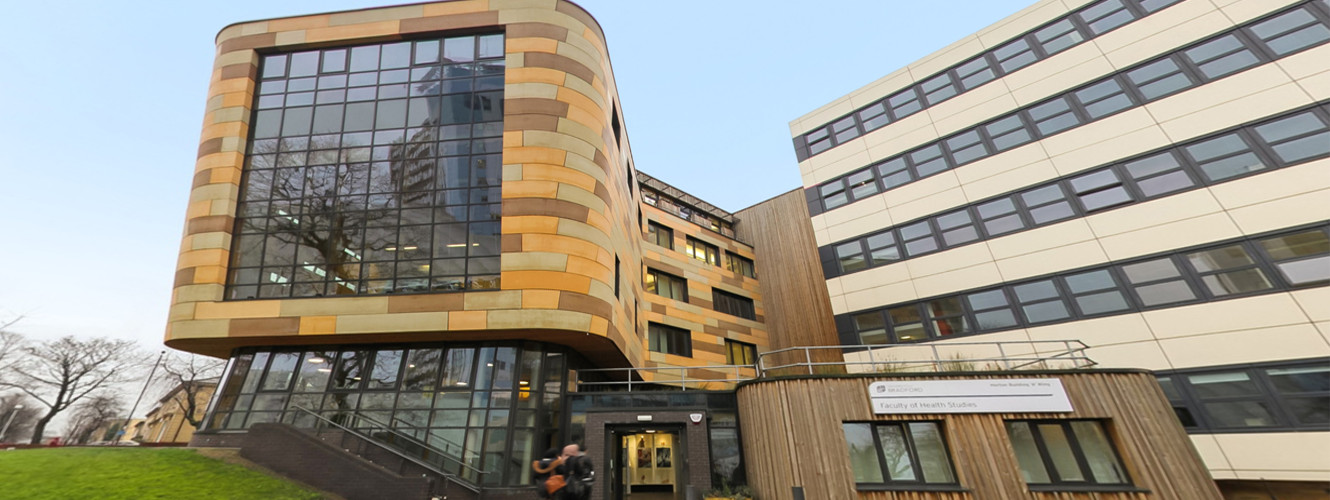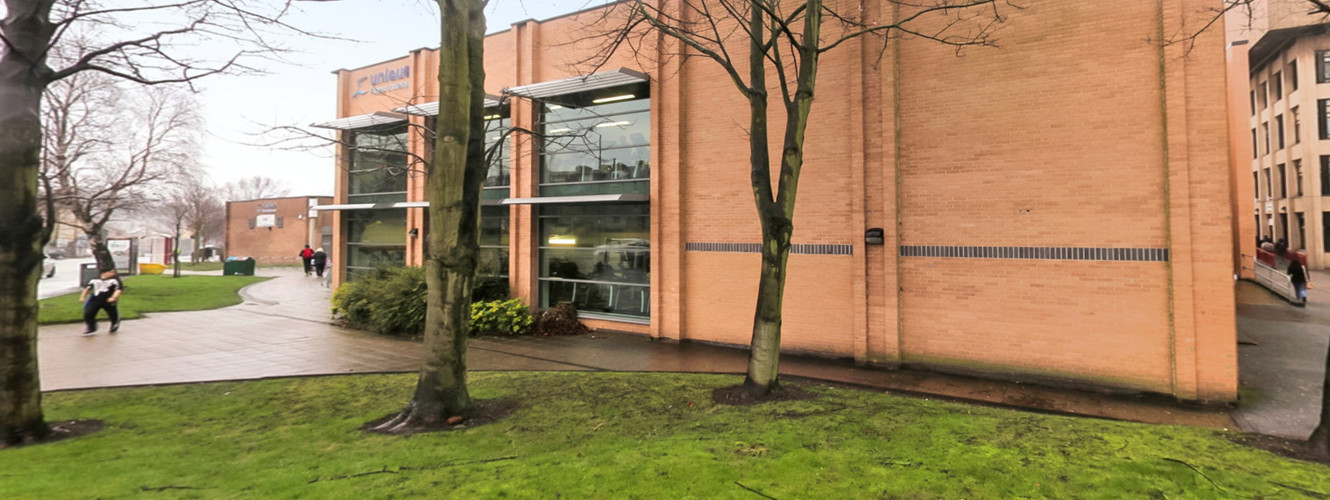UK96 MEng Architectural Engineering (with placement year) University of Bradford
-
THÔNG TIN CHUNG
Our new Architectural Engineering degree combines the art of design with the construction of buildings. The programme is designed to produce tomorrow’s engineers, able to work in multidisciplinary teams to design, construct, maintain and operate our infrastructure utilising the latest technological tools and techniques.
The programme embraces the Conceiving-Designing-Implementing-Operating (CDIO) educational framework for producing the next generation of “work-ready” engineers. This will provide a learning experience that stresses the engineering fundamentals set within the context of CDIO real-world systems and products.
Studying Architectural Engineering will empower you as a graduate engineer to liaise and communicate effectively and efficiently with Architects to ensure both functional and aesthetic design. You will gain a solid technical ground in structural engineering, and appreciation and understanding of contemporary global architectural design. UN Sustainable Development Goals are embedded throughout the programme and practiced in the design projects to achieve a sustainable and resilient built environment.
The programme will give you the educational base to work at the intersection of structural engineering and architecture, and to successfully gain chartered engineering status after graduation.
A sandwich placement year, taken in year three of the programme, enables you to develop your skills and professional confidence - and boosts your employability on graduation.
While studying with us you will:
- Learn in dedicated design studios that are fully equipped with the latest equipment and technology
- Be taught by research active staff and industry-experienced tutors – our tutors have extensive track records of project design and delivery
- Develop programming skills and use artificial intelligence to inform the design of complex structures
- Work on authentic projects which are varied in terms of complexity, context, scale, and material use
Programme options
We also offer a 4-year version of the MEng without the 'sandwich' placement year in industry.
You may also be interested in our BEng Architectural Engineering degrees. We offer a 3-year version of the BEng and a 4-year version with sandwich year.
-
CƠ HỘI NGHỀ NGHIỆP
The sector is growing
The architectural engineering and construction solutions (AECS) market is poised to grow by USD 2.87 billion between 2020-2024 (source: Technavio).
How we live will change
70% of the global population will live in cities by 2050.
To reduce carbon emissions* we need a new generation of engineers with a holistic approach to design aesthetically considered buildings incorporating efficient use of space and resources whilst maintaining the health and wellbeing of occupants .
Architectural engineers are at the forefront of finding new ways to design sustainable buildings that reduce energy and water consumption, and that also utilise more environmentally friendly materials.
*The UK has made a commitment that by 2050 carbon emissions will be reduced to Net Zero.
Space is not infinite, and adapting is key
It is expected that in the UK alone 3.5M non-domestic buildings and 26M residential buildings will need to be reshaped and reconfigured to meet future needs and be energy efficient over the next few decades (Source: RIBA 2014).
About half of the construction is refurbishing and improving the existing buildings (source: UK Government Construction 2025 Strategy). There is also an increasing demand to design and construct new buildings.
- ĐIỀU KIỆN ĐẦU VÀO
- ĐIỀU KIỆN NGÔN NGỮ
- HỌC BỔNG
- ĐỊA ĐIỂM
Tóm tắt
-
Phí ghi danh
0
-
Độ dài khoá học
5 năm
-
Kỳ nhập học
Tháng 9
Phí Cơ Bản
-
Loại Tiền
-
Học Phí
Trên năm -
Phí Sinh Hoạt
Trên năm -
Tổng






